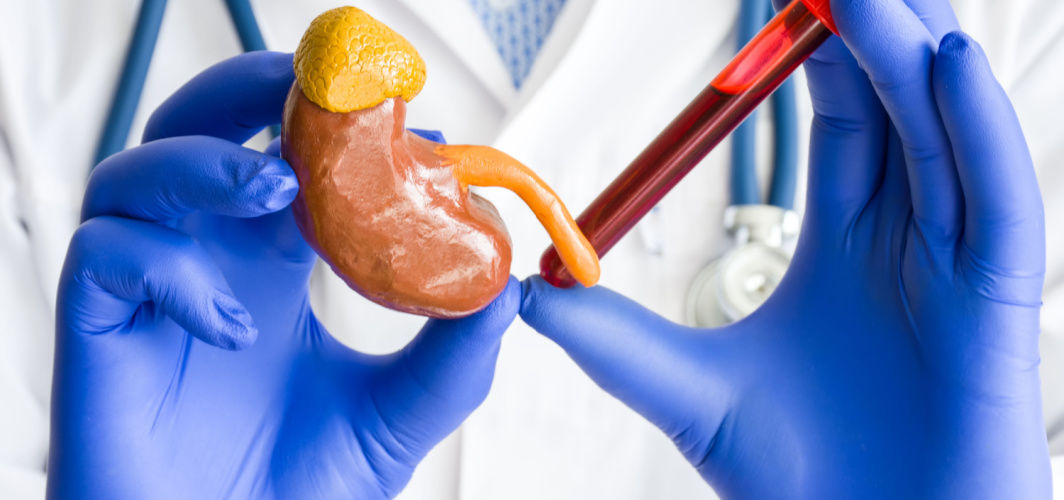General Health
Urinary Tract Infections: Everything You Need to Know
4 min read
By Apollo 24|7,Reviewed by Dr. Srividya Kalavagunta, Verified by Dr. Ima Rashid, Published on - 03 July 2024
Share this article
0
0 like
%20(2).jpg?tr=q-80)
Each year, millions of people endure the discomfort and potential complications of common bacterial infections of the urinary tract. A urinary tract infection (UTI) is not to be taken lightly, as it can occur in any part of the urinary system. Most infections involve the lower urinary tract—the bladder and the urethra—and, if not promptly treated, it can spread to the kidney, leading to a more serious condition called pyelonephritis.
Some of the factors that can increase the risk of UTIs include your gender (Women are at greater risk than men as they have shorter urethra, making them more prone to infections), prior UTIs, certain medications, medical disorders like diabetes, and urinary tract obstructions. Practising good personal hygiene reduces the risk of UTIs.
Types of Urinary Tract Infections
UTIs can differ depending on where the infection occurs in the urinary system. They are cystitis, a bladder infection, urethritis involving the urethra, and pyelonephritis involving the kidneys. While the symptoms of cystitis may not be very severe, pyelonephritis may lead to more severe symptoms like fever and back pain.
Causes & Risk Factors of Urinary Tract Infections
Bacteria mainly cause UTIs in the genital area around the urethra. These bacteria grow and cause inflammation in the lower urinary tract.
The factors that increase the risk of UTIs include:
- Females are at a higher risk due to shorter urethra, and bacteria easily reaches the bladder
- Blockage in the urethra
- Having kidney stones
- Enlarged prostate (in men)
- Long-standing catheter usage
- Frequent Sexual encounters
- Inability to control urination and bowel movements (incontinence)
- Pregnancy
- Menopause
- Obesity
- Certain medical conditions like diabetes or kidney disease.
Signs and symptoms of Urinary Tract Infections
Urinary tract infections can cause discomfort and a range of symptoms. Some of the common signs to watch for include:
- A burning sensation when you urinate
- Frequent urge to use the bathroom
- Urinating often and passing small amounts of urine
- Smelly, Cloudy, or bloody urine
- Pain in the lower abdomen, pelvis, or back
- Pressure in the lower part of your pelvis.
- Fever with chills
- Nausea or vomiting
Diagnosing Urinary Tract Infections
UTIs are mostly diagnosed based on medical history and symptoms. The doctor will order urine tests, including analysis and cultures, to determine the cause of the infections. If you have recurrent UTIs, you may also be asked to undergo imaging tests.
When to see a doctor for Urinary Tract Infections
One should seek the advice of a healthcare provider if the symptoms do not get better after 1 or 2 days or if the symptoms go away and return. People with symptoms like nausea or vomiting, fever or chills, and severe pain in the back or abdomen should seek urgent medical help.
Treatment for Urinary Tract Infections
Rest assured, antibiotics are the standard treatment for urinary tract infections. They are usually prescribed along with some medication for pain and to reduce the burning sensation. The infection typically clears up within 1 to 2 days of starting the drug. It’s important to follow your doctor's instructions to treat the disease effectively. Even if you start feeling better, avoid skipping doses or stopping medication without finishing the prescribed course.
Self-Care Tips for Prevention of Urinary Tract Infections
Apart from taking medication advised by the doctor, you can try the below measures for getting relief from UTI symptoms:
- Drink lots of fluid, especially water, to flush out bacteria. Cranberry juice is also effective in preventing UTIs.
- Avoid holding the urge to pee. Urinate as soon as you feel the urge.
- Maintain genital hygiene and wipe from front to back. Do this after urinating and after a bowel movement. It helps prevent the spread of bacteria from the anus to the vagina and urethra.
- Reduce the intake of foods that irritate the bladder. E.g., caffeine, alcohol, spicy foods.
- Always pass urine after having sex.
- Avoid using feminine products like vaginal hygiene wash, as it disturbs the normal vaginal pH increasing the risk of urinary infections.
- Opt for a birth control method other than diaphragms.
- Wipe front to back after using the bathroom.
Complications of UTIs
Though antibiotics can effectively manage UTIs, they can sometimes lead to complications if not properly managed. Some of the potential complications of UTI are:
- Recurrent Urinary infections.
- Pyelonephritis (kidney infections)
- Narrowing of the urethra
- Bladder dysfunction
- Prostatitis (in men)
- Permanent kidney damage from kidney infections due to an untreated UTI, including Chronic kidney disease
- Sepsis
- Untreated UTI in pregnancy can progress into serious infections, which increases the risk of preterm labor or preterm delivery.
Understanding and managing the potential complications is key to managing UTIs and lowering the risk of severe outcomes.
Conclusion
Urinary tract infections (UTIs) are common, and women are more vulnerable to them. However, they can be effectively treated with antibiotics. Simple tips like drinking lots of water, urinating as soon as needed, maintaining good personal hygiene, etc., can go a long way in managing UTIs. It is also advisable to consult a healthcare provider if one experiences any symptoms of UTI to prevent any complications.
Services
General Health
Consult Top Urologists
View AllLeave Comment
Services
Recommended for you

General Health
Surprising Yet True! This Disease Actually Makes You Smart!
Savant syndrome is a rare developmental disorder, where the person has certain exceptional talents or abilities. In many cases, the person has one specific skill, while sometimes, an individual can exhibit multiple extraordinary talents.

General Health
Losing Hair In Patches? It Can Be This Disease!
Alopecia areata is not curable but the resulting hair falls can be treated. Read our blog to understand the ways to cope with resulting hair fall.

General Health
Tests to Determine Kidney Function
Learn about kidney tests, including their importance, types, and what the results mean. Stay informed about the latest guidelines and technologies to maintain optimal kidney health.
Subscribe
Sign up for our free Health Library Daily Newsletter
Get doctor-approved health tips, news, and more.
Visual Stories

Science-backed Home Remedies for Burns and Blisters
Tap to continue exploring
Recommended for you

General Health
Surprising Yet True! This Disease Actually Makes You Smart!
Savant syndrome is a rare developmental disorder, where the person has certain exceptional talents or abilities. In many cases, the person has one specific skill, while sometimes, an individual can exhibit multiple extraordinary talents.

General Health
Losing Hair In Patches? It Can Be This Disease!
Alopecia areata is not curable but the resulting hair falls can be treated. Read our blog to understand the ways to cope with resulting hair fall.

General Health
Tests to Determine Kidney Function
Learn about kidney tests, including their importance, types, and what the results mean. Stay informed about the latest guidelines and technologies to maintain optimal kidney health.



